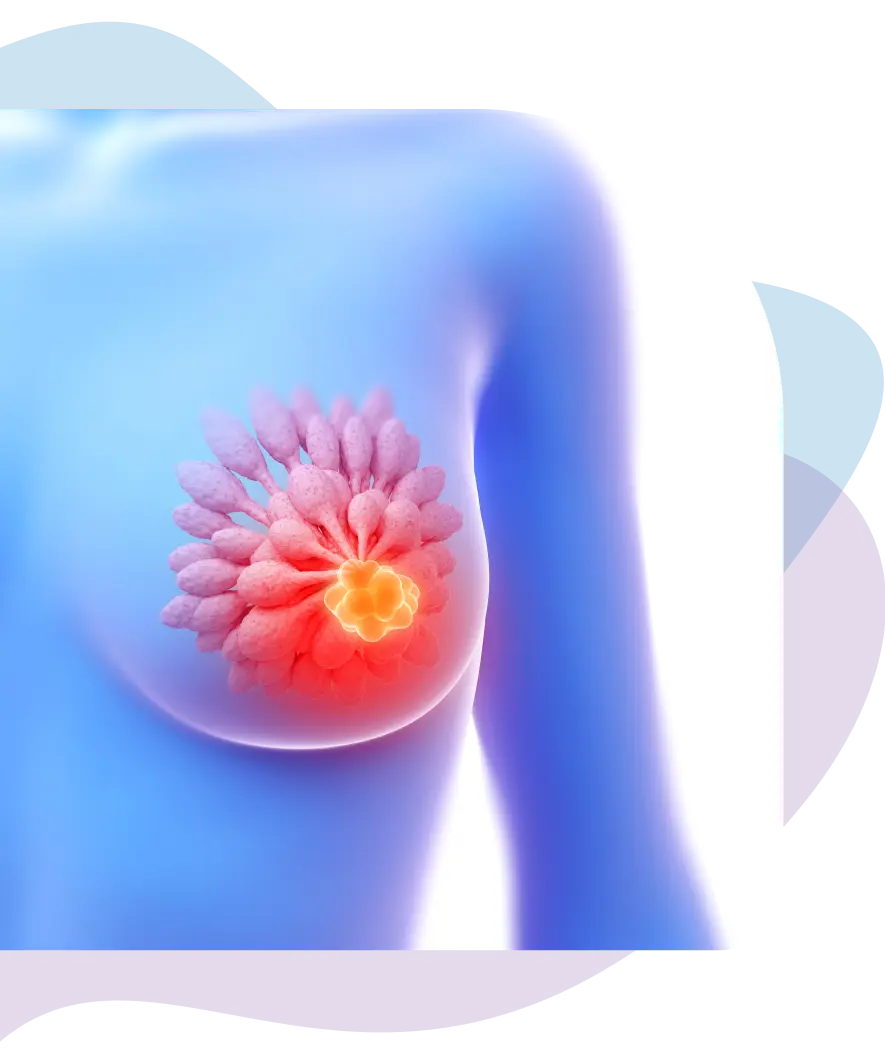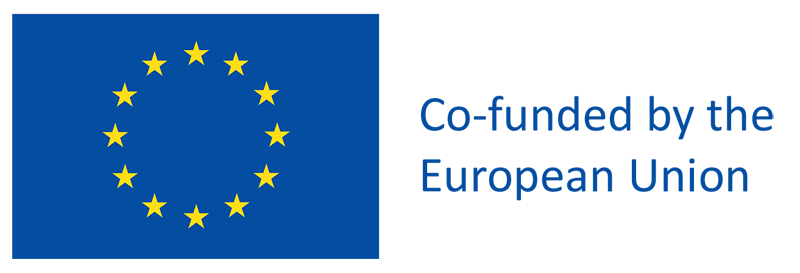UNDERSTANDING BREAST CANCER
What is Breast density?
Breast density refers to the amount of glandular and connective tissue compared to fatty tissue in the breasts. It varies from person to person and is usually determined through a mammogram.
Breast density is classified into four main categories:

Fatty Breasts
These breasts have more fat than glandular tissue, making it easier to spot any abnormalities on a mammogram.
Scattered Fibroglandular Density
A mix of fat and glandular tissue is present, which can make it a bit harder to interpret mammograms.
Categories 1 and 2 above are considered to be non-dense breasts. Category 3 and 4 below, are considered to be dense breasts.
Heterogeneously Dense Breasts
There is a larger amount of glandular and connective tissue, which can make it more difficult to spot small tumors on a mammogram. This may slightly increase the risk of missing abnormalities.
Extremely Dense Breasts
These breasts have mostly glandular and connective tissue. Because both dense tissue and tumors appear white on mammograms, it can be challenging to differentiate between the two, increasing the risk of missing abnormalities.
How Does Breast Density Affect Breast Screening?
Mammogram Sensitivity: In denser breasts, it can be harder to detect small tumors, which may lead to a higher chance of false-negative results (when cancer is present but not detected).
Increased Recall Rates: Women with dense breasts may be more likely to be called back for additional tests (false positives) due to the difficulty in interpreting mammograms.
Additional Screening: For women with dense breasts, doctors may recommend additional (supplemental) screening tests like breast ultrasounds or MRI (Magnetic Resonance Imaging) to improve the chances of detecting any lesions.
Personalized Screening Plans: Knowing a woman’s breast density helps healthcare providers tailor a personalised screening plan. This plan will consider other factors like age and family history to create a more personalized approach.
Patient Education: Women should be informed about their breast density and what it means. Since the 10th October 2024, it has become mandatory in the US that all women are notified whether they have non-dense or dense breasts, this is not yet mandatory in Europe. This knowledge allows them to work with their healthcare provider to mak

What Should Women with Dense Breasts Do?
It’s important for women with dense breasts to talk openly with their healthcare providers. This will help them understand their options for screening, whether additional imaging tests are needed, and the potential risks involved. Staying informed and keeping up with regular screenings will help create a more effective approach to detecting and preventing Breast cancer.




